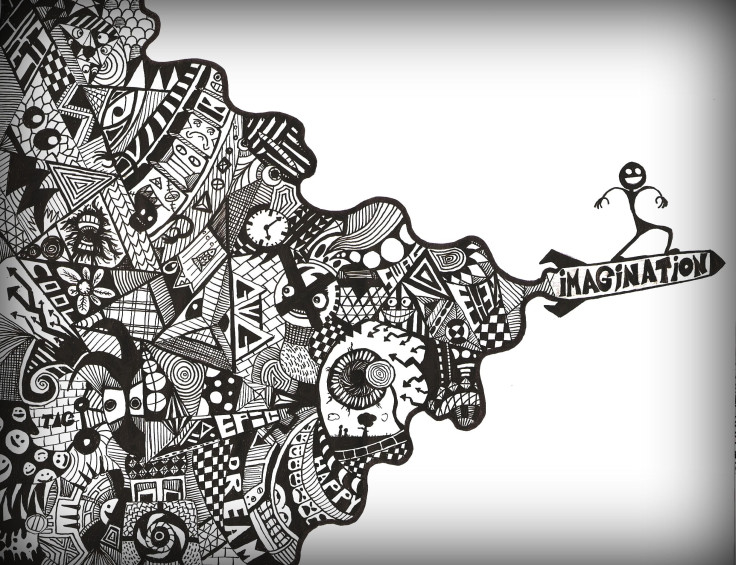Excessive imagination leads to obsessive-compulsive disorder

People who confuse reality with imagination and lose contact with reality are more likely to develop obsessive-compulsive disorder, or OCD. A new study suggests that conflicts in reality are the key characteristics that could play a role in the severity of OCD.
The new finding, published in the Journal of Clinical Psychology, is the confirmation of the observations of a 2011 research conducted by Obsessive-Compulsive and Tic Disorder Studies Centre, or CETOCT. The 2011 study states that people who rely heavily on their imagination and have a strong tendency to dissociate from reality had more obsessive symptoms.
The new study confirms the previous observations through a population of patients with OCD, said Frederick Aardema, co-director of the CETOCT and assistant professor in the University of Montreal’s Department of Psychiatry. Theories show that the development of OCD is not particularly affected by the content of thought that is involved, but by the way a person interprets the thoughts.
“While most people will dismiss an idea if they feel it has no meaning, people with OCD will say that if they think that way [there] must be a reason,” Aardema said.
For the new study, the researchers asked 75 people with OCD to complete questionnaires to assess inferential confusion, schizotypal personality, dissociative experiences, strength of obsessive beliefs and depressive and anxiety symptoms.
Inferential confusion is a reasoning process in which obsessive doubt takes hold, according to Stella-Marie Paradisis, a doctoral student in psychology at the University of Montreal and lead author of the study. She also described Schizotypical personality as the tendency to overrely on imagination, and associated with a person's bizarre ideas, rigid belief, and lack of discernment.
A person with schizotypical personality is often convinced that what he or she hears on the news or read in the newspaper concerns him or her personally and directly. Lastly, Paradisis explained dissociation experiences as the loss of contact with reality and memory lapses in certain situations.
The results of the assessment show the significance of inferential confusion and dissociative experiences to the prediction of OCD. People with OCD are preoccupied by their obsession due to inferential confusion that there is a break with reality.
Researchers concluded that individuals with OCD no longer rely on their sensory perceptions or common sense but on their imagination. For example, if patients are afraid that their hands are contaminated with germs, they will wash them over and over again because they are convinced that their hands are dirty even though they are visibly clean, Aardema explained.
According to the study, schizotypal personality, obsessive beliefs and anxiety and depressive symptoms appear to be insignificant factors in the development of OCD symptoms. However, researchers found that these factors influence the severity of the disorder.
Contact the writer at feedback@ibtimes.com.au or tell us what you think below




















